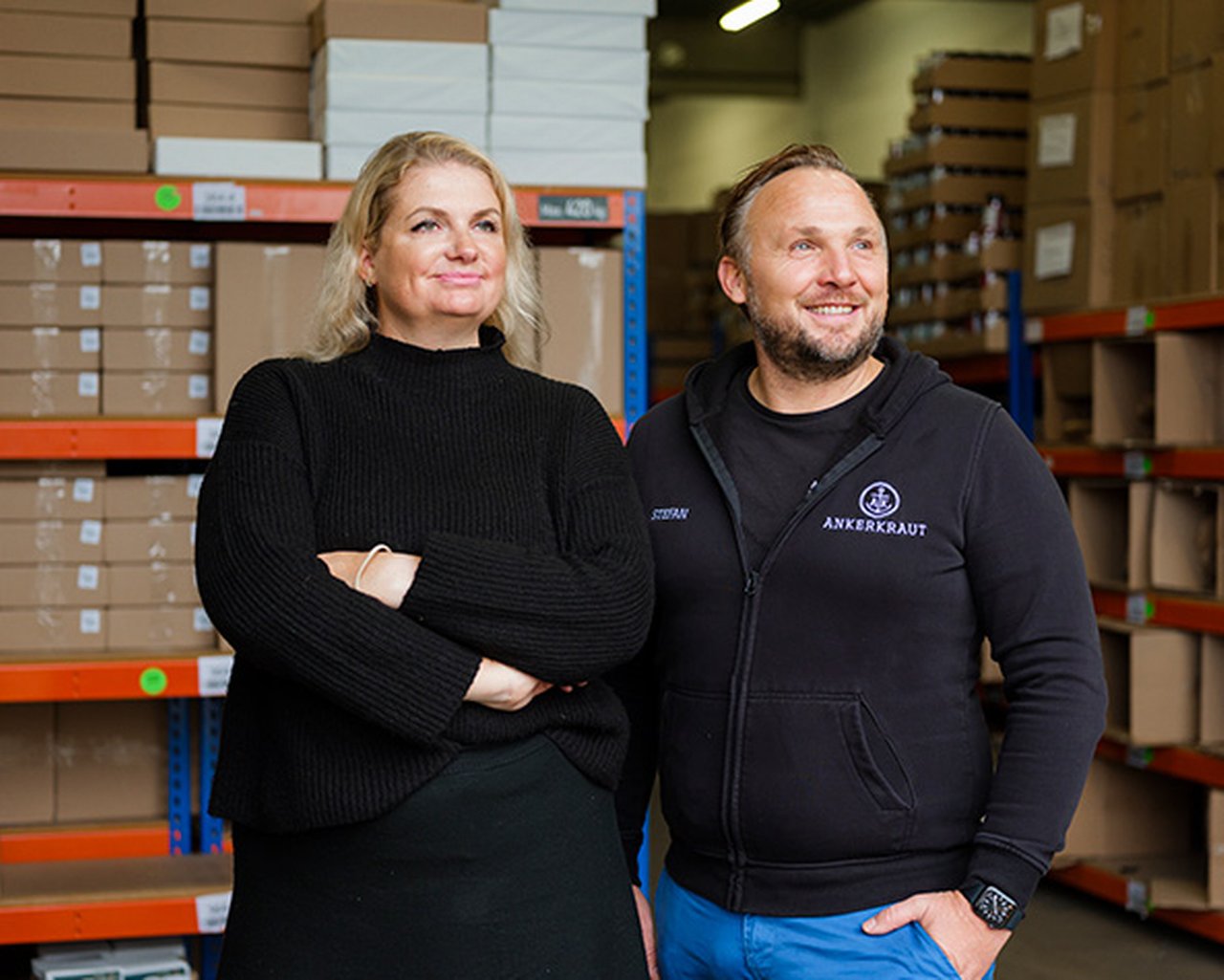
New order following the disorder
The coronavirus pandemic has severely disrupted the economy in multiple areas – and is changing it rapidly at the same time. While the virus is destroying entire business models, new opportunities are presenting themselves for entrepreneurs.
The coronavirus pandemic has plunged the world into disorder and shaken the economy to its core. Many firms fear for their future, while the commercial basis for other companies has already been swept away. Despite government aid, entire industries will have to reinvent themselves. This transition will be complex and costly. It calls for major investments in infrastructure and in digital skills training for staff – at the very time when revenues are melting away and the outlook for growth is uncertain.
These key topics will be important for entrepreneurs
Regardless of a company’s geographical location, sector and size it must prime itself for the post-crisis period by embracing these four key topics now:
Firstly, there is the vulnerability of value chains, which the coronavirus pandemic has laid bare. Supply chains and just-in-time manufacturing systems which took decades to optimise have fallen apart overnight, with key components suddenly unavailable. Now the talk is about repatriating manufacturing and expanding supplier networks, for example.
At the same time companies operating globally have become painfully aware of how quickly regulation and geopolitics can turn against them. Almost overnight, governments around the world restricted the freedom of movement and the ability to do business, while closing borders and imposing export bans. Furthermore, nationalist tendencies have become more ingrained in trade policy.
At the same time,the draconian restrictions have considerably upped the pace of the urgently needed digitisation of many business models. “We’ve seen two years of transformation implemented in the space of two months”, said Microsoft CEO Satya Nadella back in April 2020. And since then, there have been even more extensive developments for many firms.

The availability of financing is the fourth key topic. This is where banks play a crucial role. They have been pivotal during this pandemic in implementing the government relief programmes. And they will also be part of the solution when it comes to rebuilding and transforming the economy. Banks have the technical infrastructure and the products to support companies through their transition at their disposal.
Bold and ingenious ideas are the tools to emerge from the crisis
Innovative business models that receive funding from banks first have to be devised and launched by the firms themselves. Whether supply chains, global focus, digitisation or financing – every one of these topics provides scope for fresh ideas.
A changed world opens up many opportunities for new product and business ideas. Those who view the crisis as a chance to make a fresh start can take bold, long-term action that will pave the way to a successful future.
We spoke to the players and experts from business and academia about which sectors will shape the future, how start-ups and established firms are positioning themselves now, and how they can strike a balance between tackling the crisis and planning for the future and make creative use of the shifts we are seeing.
Recommended content
Entrepreneurial Success / Explained
How much longer? What business needs to prepare for during the Covid-19 pandemic How much longer? What business must prepare for during the Covid-19 pandemic
Economists expect the pandemic to change economic life in the long run. We look at international events in five phases.
How much longer? What business needs to prepare for during the Covid-19 pandemic When will things return to normal?Entrepreneurial Success / Crisp & Short
Innovation in the midst of a crisis – wishful thinking? Innovation in the midst of a crisis – wishful thinking?
Rethinking products and processes despite restrictions? Here are 11 powerful observations.
Innovation in the midst of a crisis – wishful thinking? Look at the topic from a different perspectiveEntrepreneurial Success / Story
Ankerkraut - navigating the pandemic with courage and confidence Ankerkraut - navigating the pandemic with courage and confidence
2020 was a turbulent year for the spice manufacturer Ankerkraut. Find out how founders Anne and Stefan Lemcke fared during the crisis and what their plans are for after the pandemic.
Ankerkraut - navigating the pandemic with courage and confidence About flexibility in times of a crisis





